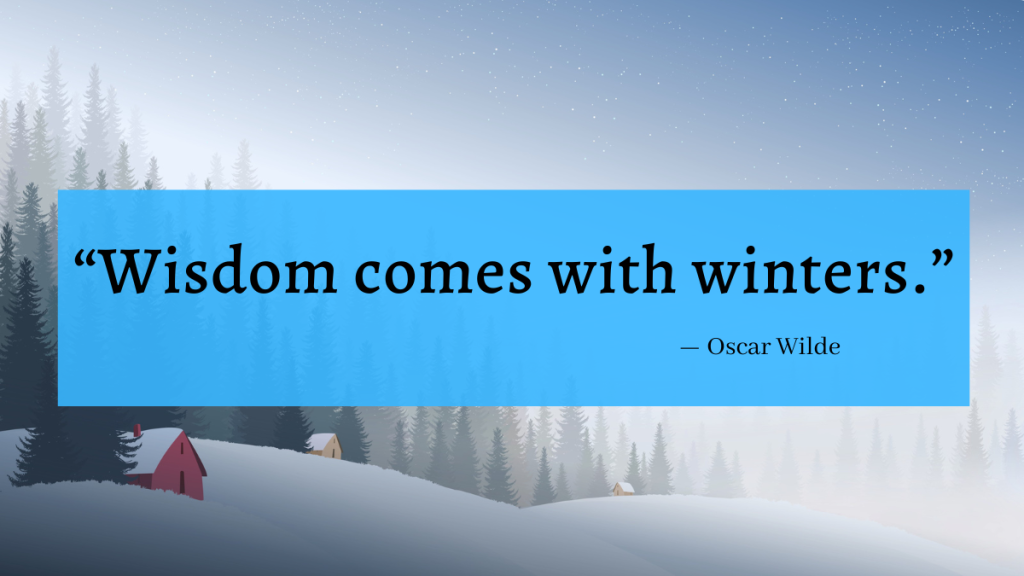Every winter, I write a version of this post. I wrote it last year…and the year before…and the year before. Sometimes, the post comes in November; other times, it’s not until January. But every year, without fail, the winter season starts to impact me negatively. Maybe it’s the fact that the sun sets before I’m finished with my work day. It could be that some years, the holidays are more challenging than usual. Sometimes it’s just the cold if I’m being perfectly honest. Regardless, the wintertime brings about unique challenges, something that’s worth remembering this time of year.
It took me many years to learn that for me, the winter months always hit my mental health extra hard. It was more difficult to maintain wellness, and harder to keep a positive attitude around my mental health journey. I assumed that since I had depression year-round, there’s no reason that it would be worse, right? Wrong. Not that it needs to be said on this blog, but seasonal depression is real. And it was surprising to learn that during this time of year, some symptoms of depression were triggered more often than usual.
In researching seasonal depression, I found some interesting statistics that are worth sharing. According to the American Psychiatric Association, “[a]bout 5 percent of adults in the U.S. experience Season Affective Disorder (SAD), and it typically lasts about 40 percent of the year.” They also noted that while “SAD may begin at any age…it typically starts when a person is between ages 18 and 30.”
That might not sound like a large group, but that’s tens of millions of people who experience added mental health challenges for a large portion of the calendar year. One thing I’ve learned in the many years writing this blog is how our mental health is impacted by the world around us. The winter months, and the holiday season in particular, create unique challenges that don’t exist at other times of the year. Whether you experience SAD or feel your mental health issues become exacerbated during the winter, both are equally valid and deserve to be treated as such.
There are several ways to effectively treat SAD, as well as the many other added mental health challenges of winter (which I hope to cover in a future blog post), but that’s not what I’d like my main takeaway to be today. Instead, I hope this post serves as a reminder to be kind to ourselves this time of year. We’re up against a lot, and the stress and frantic pace of this time of year can make us feel like we’re not doing enough. For some people, not doing enough equals not being enough, and I want to shut that thinking down as quickly as possible.
As we head into a busy time of year, I hope you remember to be gentle with yourself. Your mental health matters and for some people, it matters more this time of year. I’d also encourage anyone who’s struggling with their mental health to take this time to reach out to someone if they feel comfortable. This is a time of year when people connect, reconnect, and get the chance to spend time with people they don’t see as often — maybe this is your chance to share something you haven’t been able to before.
Regardless, I hope that you remember the added challenges of winter. If you need to do even more than usual to look after your mental wellness, that’s alright – I’ll be doing the same! At the end of the day, we need to do what we can to take care of ourselves, and that can change daily. And not only is that okay, but it’s invaluable to our mental health.
Now I want to hear from you! How do you take care of your mental health during the wintertime? Do you do anything you don’t normally do throughout the year?
